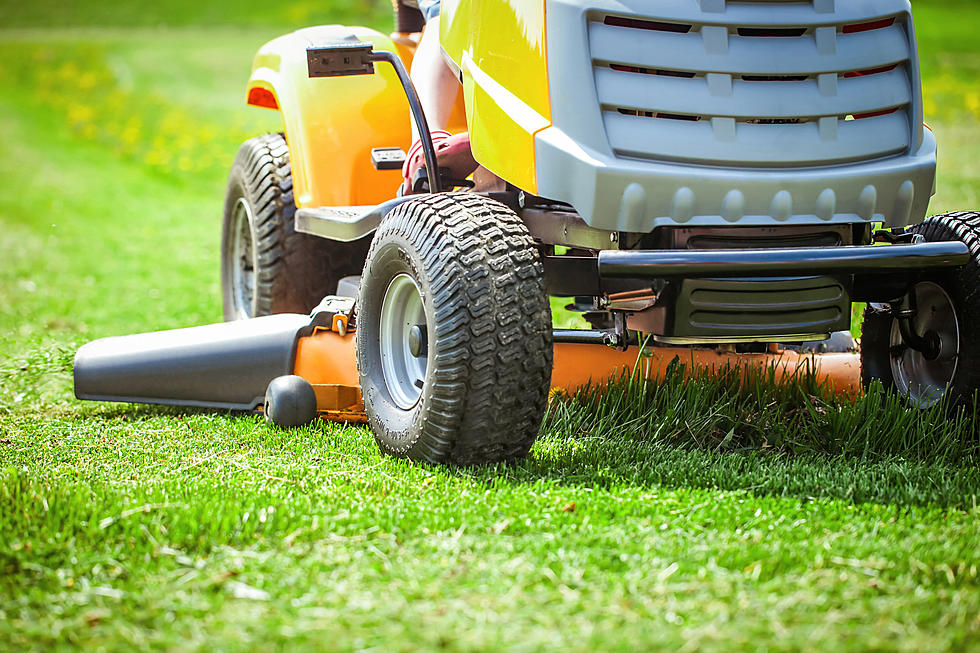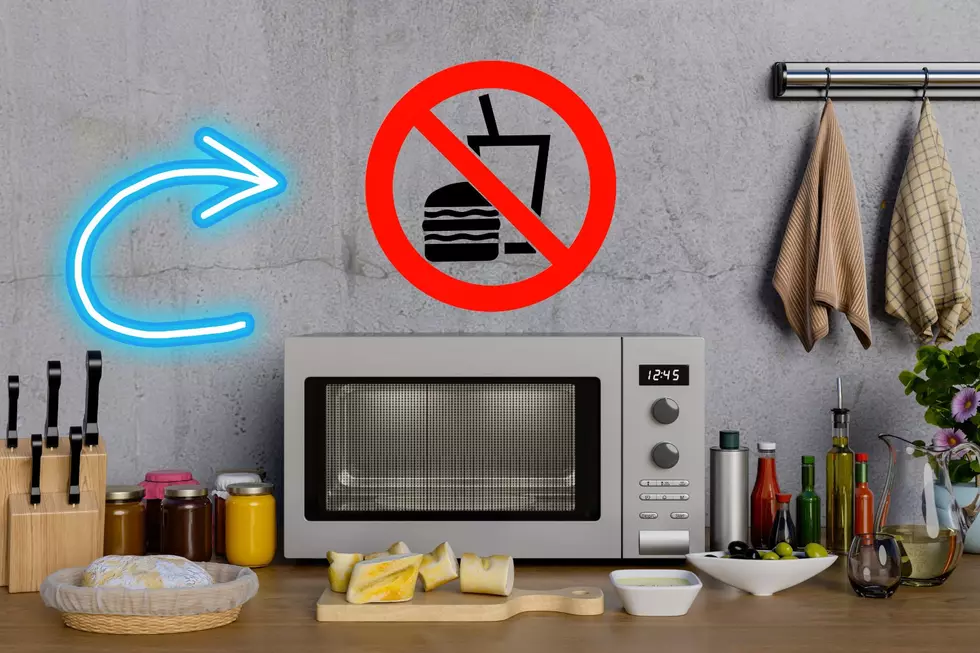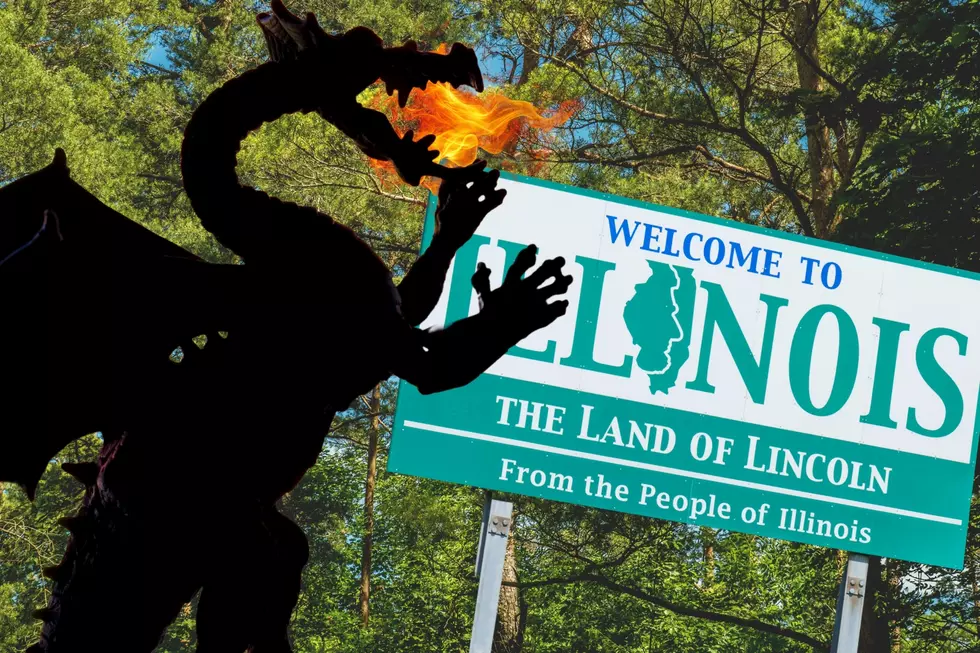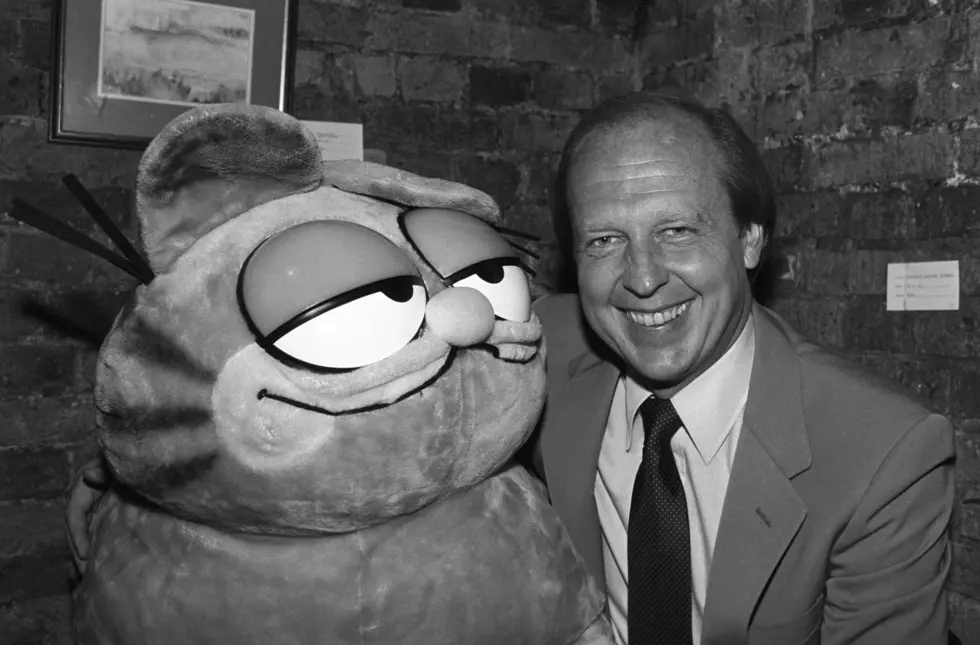
The Reason Why We Mow Our Grass Dates Back Nearly 500 Years
Some of us enjoy mowing the lawn, myself included. I like throwing on a pair of headphones, cranking up the tunes, hopping on the riding mower, and tuning out the world for a couple of hours while keeping my lawn from looking like an eyesore to the rest of the neighborhood. My grandpa was the same way (minus the headphones and tunes) although he was far more meticulous about it than I am. Where I make laps until I'm done, he chose to go in rows. I guess he felt it looked more uniform that way, I don't know. What I do know is that while some of us don't mind, tending to the yard even in the middle of our hot and humid Tri-State summers, there are those who would rather do literally anything else. But why do we do it in the first place?
There are a couple of obvious answers here. 1) Your yard looks much better. And, 2) if you don't, you know the neighbors are going to complain. But someone had to do it first, right? Someone somewhere looked out their window and decided tall grass and weeds made their property look unsightly and thought, "I wonder how it would look if we cut all that down?" That's what we're here to answer.
This question popped in my head earlier this week when I shared the City of Evansville's reminder to residents that not cleaning their grass clippings off the street after they mow violates municipal code and could result in a fine. I literally thought, "why do we mow in the first place?"

A Symbol of Wealth
After a little research, I found that we can thank (or blame) wealthy people in 17th-Century England. According to Planet Natural, while sheep and other livestock somewhat maintained the yards of "common folk" by eating it, the upper-class hired individuals using scythes to make sure their property stayed pristine. This, of course, soon became a status symbol of the rich (as if living in a large home or castle wasn't enough). When Europeans began to migrate to North America, they brought the idea of maintaining a lawn with them.
Mow Power
Some 100 hundred or more years later in 1830, British inventor Edwin Beard Budding invented the first lawnmower after being inspired by a cloth-cutting machine that worked in a similar way. Buddings design was made of wrought iron with iron gear wheels, according to Iron Solutions, so imagine trying to push that up a hill. Yikes! Thankfully, the technology evolved over time giving us the mowers we use today.
Whether you love it or hate, push mow or ride a zero-turn, prefer gas-powered or electric, that's how the chore of mowing your lawn started. Next time you fire up the mower, be sure to thank Mr. Buddings for coming up with the idea and be glad you're not grabbing a scythe instead.
[Sources: Planet Natural / Iron Solutions]
LOOK: Here is the richest town in each state
More From WKDQ-FM









